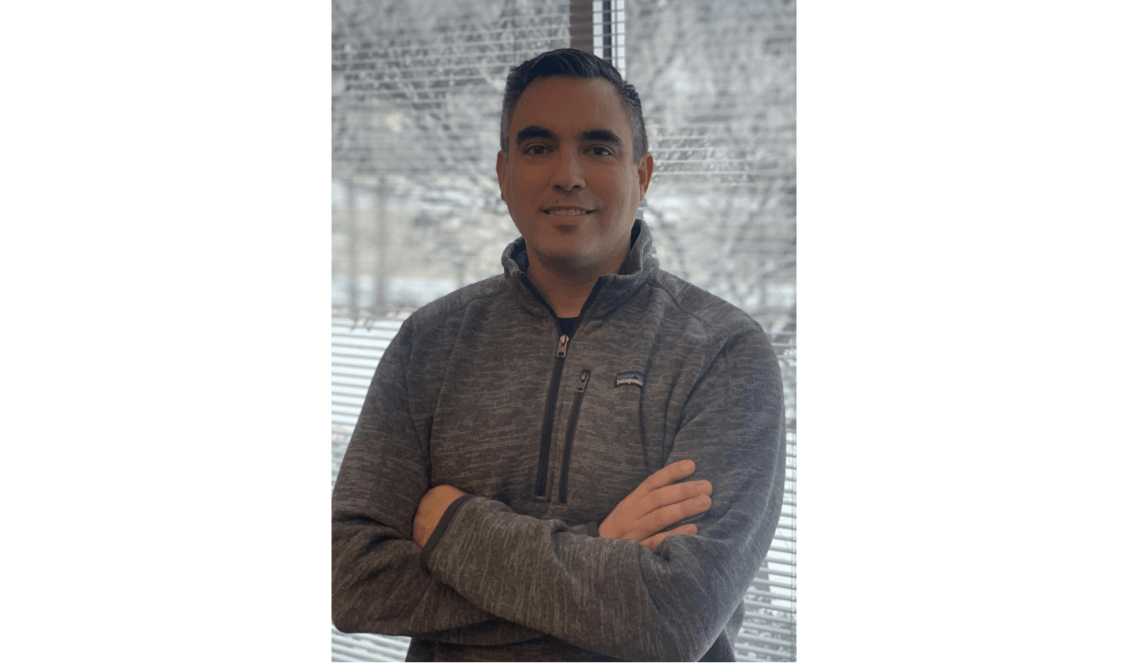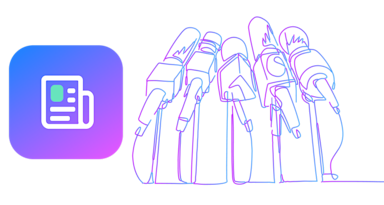We are happy to introduce Brian Whorley, CEO and founder of Paytient, an innovative health care technology company that leverages our Zero Data solutions to protect sensitive patient data
Tell us about Paytient
Brian: Sponsored by employers, Paytient is a payer for employees' out-of-pocket medical, dental, pharmacy, vision, or veterinary expenses. At a high level, our mission is to remove cost as a barrier to care for employees by offering an innovative way to pay for any out-of-pocket costs of care.

Over the last 10-15 years, patient financial responsibility in the form of higher deductibles, copays and coinsurance has dramatically outpaced patient affordability, i.e. wage growth. With 70% of HSA’s having balances less than their deductible, employees are delaying treatment more and more, turning early, cost effective interventions into later-stage, more harmful and more expensive cases that ultimately cost their employers more and cause the cycle to get more vicious.
Paytient gives employees a new payment method for any out-of-pocket medical, dental, vision, pharmaceutical or even veterinary bills. The doctor is paid at the time of care via the Paytient app and Visa card, giving the patient the option to spread out the expense over a period of time via paycheck deduction. There’s no interest, no fees, no credit check, and users can customize their payment plans – as the employer sets it up on the employee’s behalf.
Our mission is to help 10 million Americans better access and afford care. Alongside any health plan, Paytient enables employees to live better lives by accessing care earlier without financial harm. We make higher deductibles financially healthier for everyone - employers, providers, and employees.
How did Paytient approach the challenge of data security?
Brian: We started focusing on data security from day one. Paytient lives at the intersection of healthcare and financial services - when employees tap our app at the hospital emergency room, they’re trusting us to help them in a very urgent, very personal moment.
It is a serious responsibility and we need to ensure that, first, our user’s card always works and, second, that it works in a way that keeps their data secure.
VGS enables us to efficiently build a customer experience that we’re proud to bring to the world, and one we use ourselves to pay for our own family members’ care.
What does Zero Data mean to you?
Brian: The ability to help others is a privileged position enabled by trust. As a company with healthcare DNA, we’re accustomed to an uncompromising level of scrutiny and we’ve been intentional from the very beginning with our ‘First, Do No Harm’ mindset.
With a goal of removing cost as a barrier to care for millions, we have to build and deploy highly secure products in not just one, but two highly regulated markets: finance and healthcare. On top of that, we have to do so rapidly.
To us, Zero Data has meant not having to make a false choice between security or speed - we can do both.
How has VGS helped Paytient?
Brian: Paradoxically, our approach to security has been an enabler of speed.
Built the right way from early on using VGS, we’re able to commence enterprise-grade procurement processes with the confidence of a fully compliant stack - whether that is PCI Level 1 or 2 and SOC Type 1 or Type 2.
How do you quantify the benefit of VGS?
Brian: Our eyes are always on what’s over the horizon, so the benefit is probably best framed in opportunity capture. VGS has allowed us to build a better product faster, definitely at a lower cost, and has also allowed us to create and define the bar for our category. We know the product we are building is secure, and we can dedicate less resources toward cumbersome compliance issues – which has enabled us to focus on continuing our growth and better helping our users.
How do you see the relationship evolving over time?
Brian: One of our goals, especially as we start to work with larger healthcare partners, is to make the buying and selling of care more intuitive and intelligent, with VGS being integral to our success on that mission. As Paytient grows, our product will become more integral to employees’ healthcare purchasing decisions. This will lead to us needing to draw in even more sensitive or protected information from our health insurance or HSA/FSA partners, and we’ll need to continue to do so in a secure fashion.
Any advice for other startups who are beginning their security and compliance journey?
Brian: It’s crucial to start with the customer’s needs first, and with that in mind, really understand how you’re designing to solve their problem. Then, it’s a matter of determining the minimum unavoidable drag that you have to take on to solve it, and then use VGS for that portion. The enabling power of this technology from both a business and security standpoint cannot be understated.
Who is your favorite superhero and why?
Brian: Peter Quill, aka Star-Lord from Guardians of the Galaxy, since he’s also from Missouri. I think I saw Guardians twice at the movie theater and my kids love watching it (you’re welcome Disney+).

How can people sign up with Paytient?
Brian: If you work at a US-based employer and you’re looking for a way to reduce your health plan costs, better attract and retain talent, as well as help your team and their family members have better access to affordable care, we’d love to hear from you at hello@paytient.co or visit www.paytient.co
Related articles:




